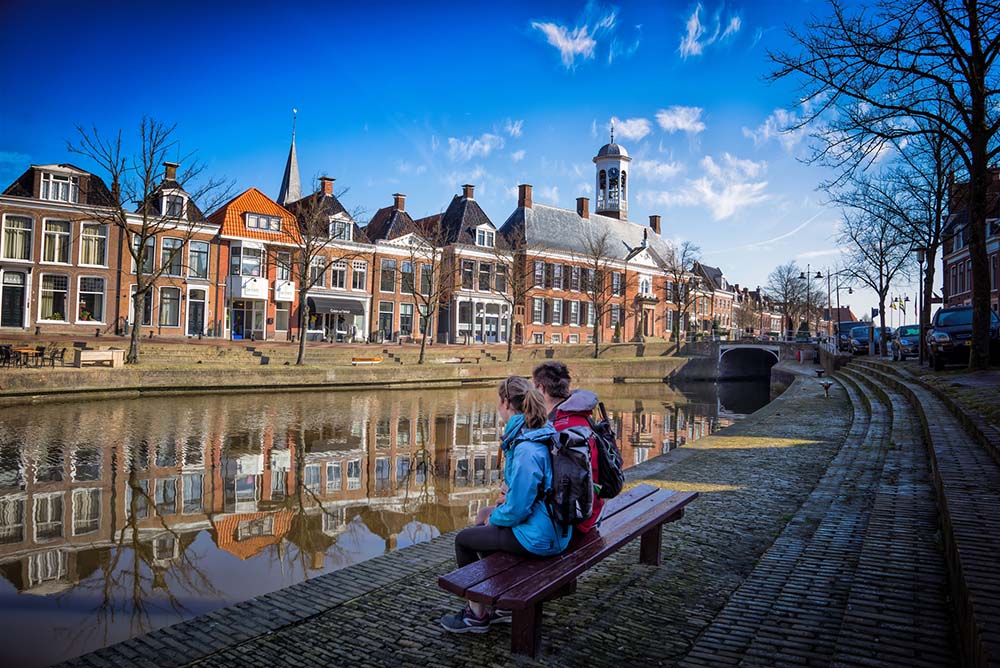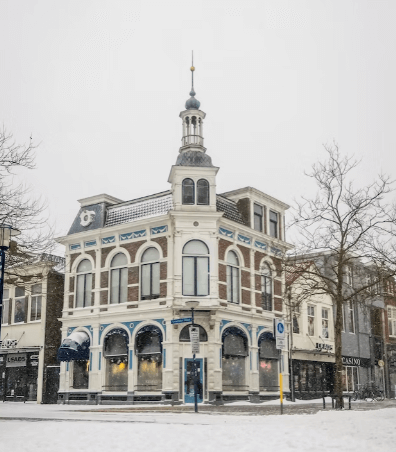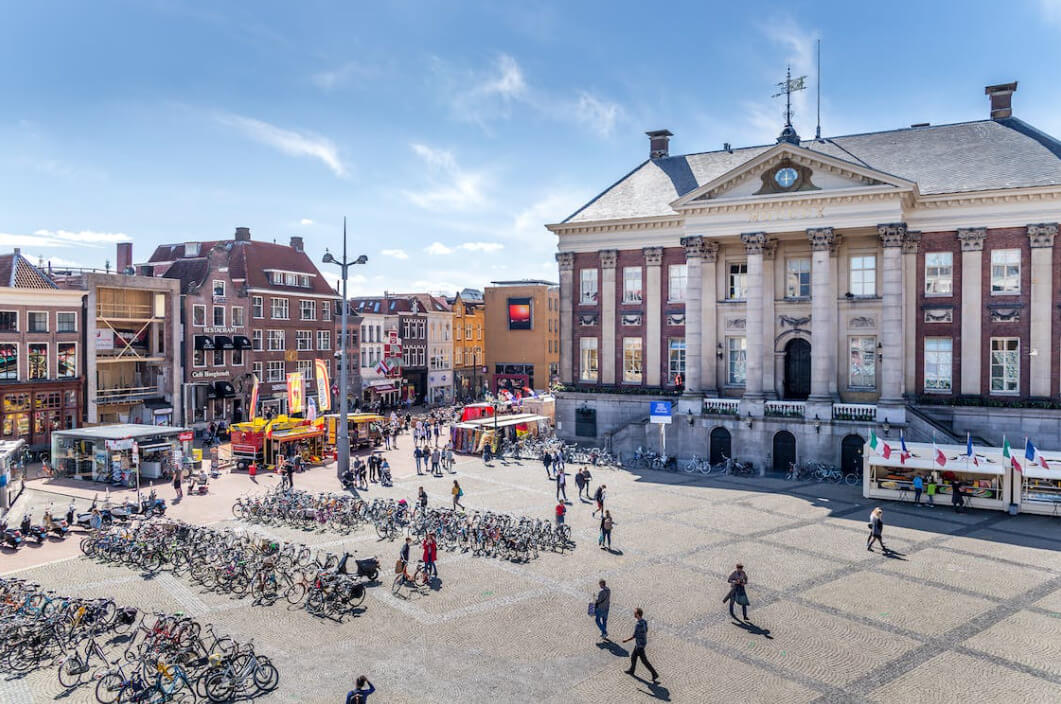Tenure Track Assistant Professor in Electrochemical Organic Synthesis and Catalysis

We have an opening for an Assistant Professor (0.8-1.0 FTE) to strengthen our position in the field of electrochemical organic synthesis and catalysis, affiliated with the nationwide ARC CBBC Program (https://arc-cbbc.nl/).
Synthetic organic chemistry is a core discipline of the chemical sciences and a major challenge for the coming decades is the development of sustainable chemical synthesis methods and processes. Electrochemical organic synthesis, electrocatalysis and photoredox-catalysis have the potential to replace current synthetic methods in organic chemistry and allow production of chemicals based on low-cost electricity and low-waste transformations. Both in research and teaching, investment in high level electrochemical organic synthesis is warranted to maintain a frontier international position in organic synthesis and chemical conversion. As affiliated to the ARC CBBC, the candidate will have ample opportunities to strengthen academic and industrial cooperation with other CBBC partners (from the University of Groningen, Utrecht University, Eindhoven University of Technology, Shell, Akzo-Nobel, Nouryon and BASF).
We offer you a full-time position and excellent career opportunities in our faculty’s career system Career Paths in Science and Engineering, including the perspective to get a permanent appointment (tenure) in 1-3 years and become Full Professor in approximately 10 years.
As Assistant Professor with a focus on research you will:
- Set up and develop your own research line and research group.
- Teach in and contribute to the development of the degree programmes BSc Chemistry, BSc Chemical Engineering and MSc Chemistry.
- Supervise PhD students.
- Acquire external funding.
- Promote the societal relevance of your research.
- Contribute to the organisation of the faculty, for example by participating in working groups and committees.
At the stage of Assistant Professor, 60% of your time is dedicated to research, 30% to teaching, and 10% to organisational tasks.
At the Stratingh Institute for Chemistry, we are committed to fostering the growth and development of young academic talent. We recognize the importance of providing ample opportunities for personal and professional advancement. Therefore, we offer:
- The scientific freedom to pursue research topics that align with your interests and passions.
- An open and (family-)friendly work environment where collaboration is encouraged, and facilities and instruments are shared among colleagues.
- Dedicated support for grant preparation and interviews, to help (young) academic staff secure funding for their research projects.
- Integration into an established research unit, with full access to all research facilities, which helps reduce administrative burdens and allows you to focus more time and energy on your academic growth and research endeavors.
Organisation
The University of Groningen is a research university with a global outlook, deeply rooted in Groningen, City of Talent. Groningen is the lively capital of the Northern Netherlands with a high quality of life and affordable living conditions. The University has 33,000 students in BSc and MSc programmes, 4,400 PhD students, and 4,600 staff members. Our students and staff come from all around the world.
Quality has been our top priority for over four hundred years, and with success: the University is currently in or around the top 100 on several influential ranking lists. The Faculty of Science and Engineering (FSE) is the largest faculty within the University. We offer first-rate education and research in a wide range of science and engineering disciplines, from classical disciplines such as mathematics, astronomy and mechanical engineering, to interdisciplinary fields such as artificial intelligence, pharmacy and nanoscience. At FSE, education and research are strongly intertwined, and we value a strong disciplinary basis for our students. Our programmes in science and engineering, while diverse, share a common view on best practices for research-driven, international education. We are proud of the open, inclusive, and informal character of our community.
The position we offer will be embedded in the Stratingh Institute for Chemistry and will be part of the ARC CBBC Program (https://arc-cbbc.nl/). The Stratingh Institute for Chemistry (https://www.rug.nl/research/stratingh/?lang=en) focuses on research in molecular and supramolecular chemistry, with overarching impact on biology, chemical engineering, and physics. The Stratingh Institute has an (inter-)national excellent position in synthetic chemistry and catalysis in the Dutch chemical landscape, and is recognized as a stronghold for synthesis.
The ARC CBBC is a national center of excellence focusing on long term research in sustainable catalysis, materials and coatings and chemical engineering to provide sustainable solutions to the chemical processes, energy carriers and materials of the future. The Advanced Research Centre is a joined initiative of three universities: the University of Utrecht, the University of Groningen and the University of Eindhoven; four multinational companies: Shell, BASF, Akzo-Nobel, Nobian and Nouryon and the ministries of Economic Affairs and Science and Education (via NWO).






